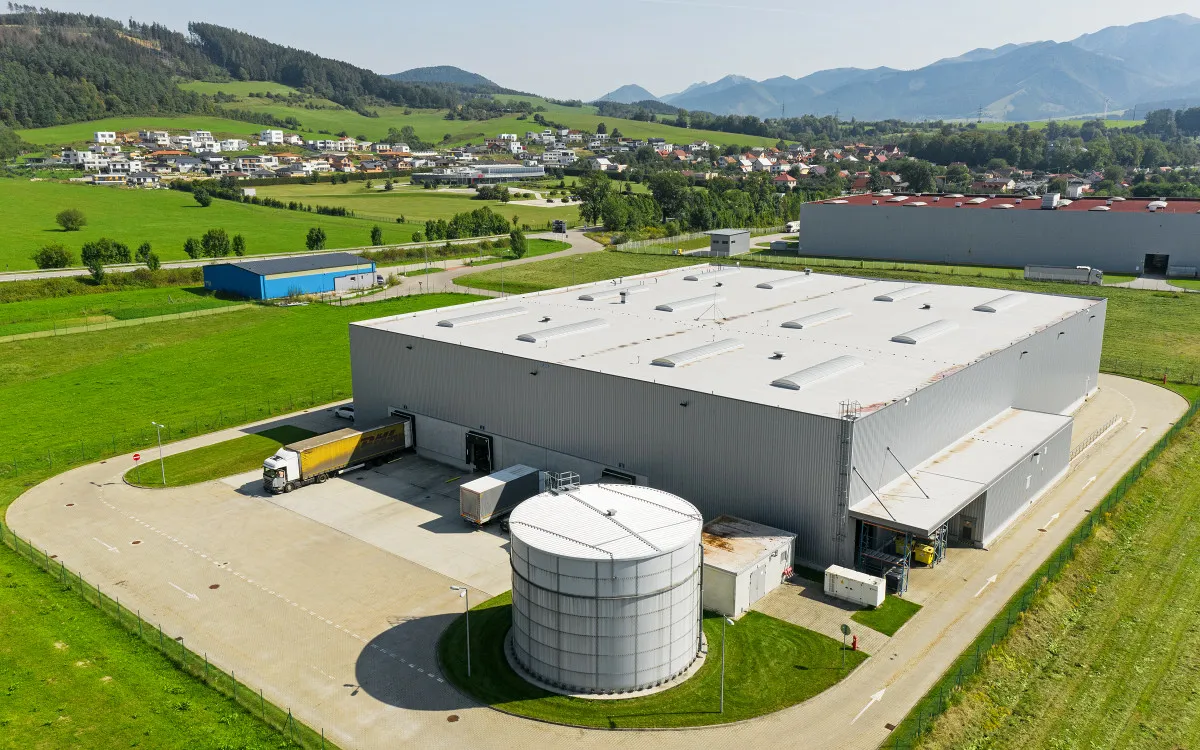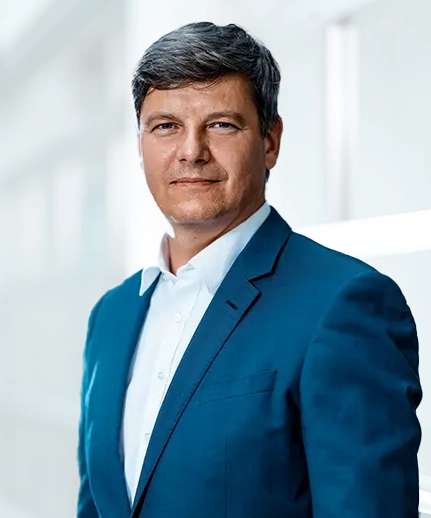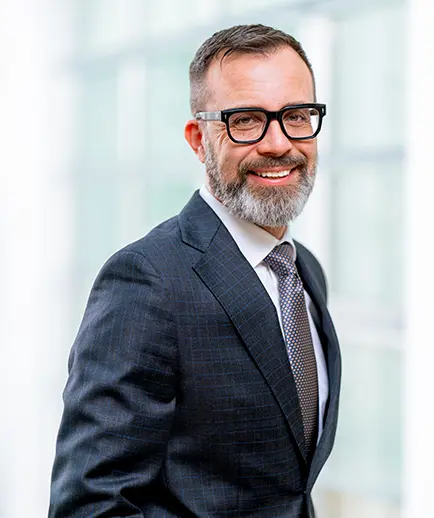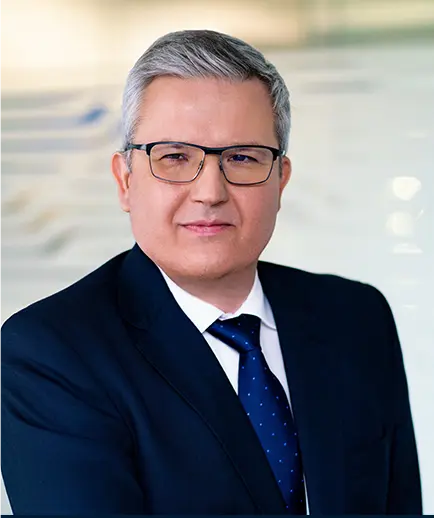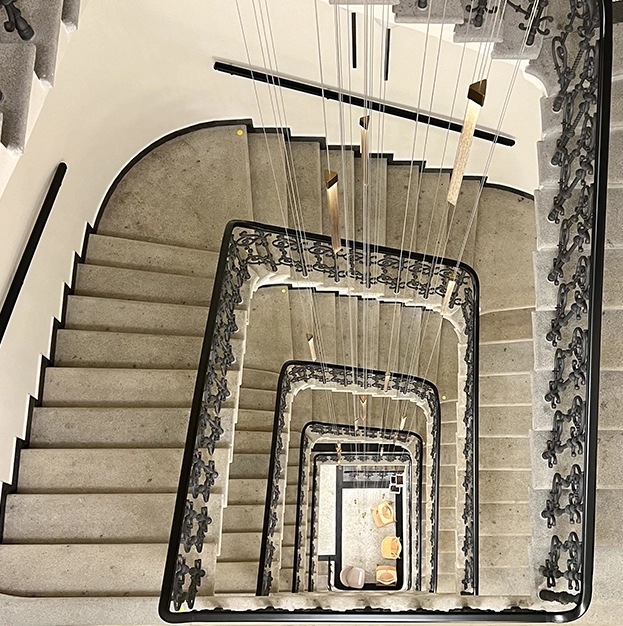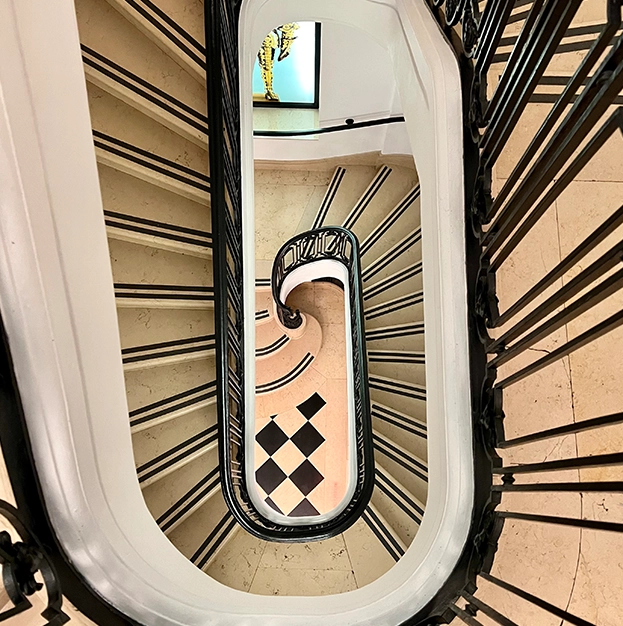“We have opened a third investment fund. Thanks to the current situation there are interesting opportunities at affordable prices in a more favourable competitive environment. Prices, which were unnaturally high in some segments, will be corrected. When the situation calms down, there will be a very good time for big investments. We are ready,” says Lubor Svoboda, co-founder of ARETE Group. Read more (Czech language version only) The coronavirus epidemic is changing the strategies of real estate investors. Instead of highly profitable projects, real estate investment funds are now primarily looking for stability, which is represented in particular by logistics and industrial properties, whose owners are now significantly less threatened by the economic impacts of the epidemic. Lubor Svoboda is one of the founders of the Arete investment funds, which specialize in investments in commercial real estate and took first place in last year’s Hospodářské noviny ranking comparing real estate funds by performance. According to Svoboda, income properties now represent the most stable investment instrument on the market. Why do you currently consider real estate to be the most suitable investment instrument? Goldman Sachs and other large banks are now recommending a shift from short-term liquid assets, which are stocks, bonds, and the like, to long-term ones, which are real estate. Investments in industrial real estate are particularly suitable, because there are a number of very high-quality companies that will not be significantly damaged by this crisis. For these companies, it is important that they generate cash, and what generates cash these days is absolutely key. Some types of real estate are currently showing great stability compared to other instruments. Are investments in commercial real estate becoming more attractive also because of the state of the stock market? For industrial real estate, two sectors need to be distinguished – logistics and manufacturing. Demand for certain logistics sectors is also growing at this time. This applies, for example, to chains that supply stores with food and other consumer goods. We see huge demand for new space in them, because they need new space due to the shift to e-commerce. Will there come a time due to the epidemic when investment opportunities arise that do not appear every year, for example in the hotel segment? Will properties that would not normally be for sale be for sale? Certainly yes, and this applies to all sectors. We have now opened a new investment fund, the third in a row, and we are very much looking forward to it. New opportunities will appear at affordable prices and there will be less competition, because some competitors will be concerned about maintaining their existing portfolios and will be more willing to sell at reasonable prices. There will be a correction in prices, which were unnaturally high in some segments and properties no longer had such a value. When the situation calms down, it will be a very good time for big purchases. What impact will the current coronavirus epidemic have on commercial properties and on investments in them? In the long term, it will certainly be felt, however, we do not see any short-term, immediate impact now. Industrial properties have the gift of not being subject to consumer behavior like, for example, retail centers or hotels, but are tied to very long-term contracts with individual tenants, which are mostly international companies that are stable enough to overcome a short-term outage. However, it is still unclear how long the current situation will last and how deep the economic downturn will be. Could industrial real estate be threatened by a possible longer production outage? It could happen. If this situation lasts longer, it is possible that individual tenants will start to reduce production. However, this does not mean that they will stop paying rent. They still have a production program and it is part of the supply-demand chain, so they have to maintain some activities. Does this not apply to shopping centers? That is the difference. Shopping centers or, for example, hotels are physically closed or have limited operations. In terms of the long-term perspective, owners of industrial real estate have much greater coverage in terms of bank guarantees or guarantees from their multinational parent companies. “There will be a correction in prices, which were unnaturally high in some segments.” For residential real estate in Prague, there is talk of the impact of the loss of rentals via Airbnb for approximately 15,000 apartments, whose owners may have problems repaying loans and mortgages. How will this affect the market? It all depends on how long this situation will last. The only thing that can be expected in the long term is some price corrections. Investors who put money into these properties will be more cautious. The question is what will happen to the returns, which were very small and essentially only depended on the speculative growth of the apartment’s value. We don’t know what will happen and whether these values will freeze. So the deeper the crisis, the more pronounced will be the differences between the individual segments of investment properties? Yes. Segments that are less resistant to crises are, for example, accommodation services, hotels, guesthouses and the like, they are the first to suffer and the declines tend to be large. We know from the last crisis that half of the pensions I have no doubt that there will be a reduction in production throughout the entire automotive industry chain. It is even possible that part of the chain will stagger and collapse completely, even if large multinational corporations survive. However, the structure of suppliers is changing greatly, and they are switching from human labor to robotics. A lot of investment is being made in the robotization of production processes, which is an irreversible process. I have no illusions that as many cars will be sold in the near future as before. A waiter who cannot work now because his restaurant has been closed will not buy a new car. Maybe in a year or two. How should those interested in investing in real estate proceed? Look for the most stable instruments that the markets offer, and do not chase billion-dollar returns. Now it is nothing more than a search for stability. If we look at development, building a new project takes five to seven years, sometimes longer, and you have frozen money in it. Would I rather put money into a project that promises a 20 percent return, but I will have to wait seven years for it, or into a project that promises ten percent, but I know that there are tenants who generate ongoing cash? The level of speculation disappears and it is a bet on safety covered by a good lease agreement with a good tenant. Source: https://ekonom.ihned.cz/c1-66744190-spekulace-na-zisk-mizi-dulezitejsi-je-stabilita For further information, please contact: Ondřej Micka, mob.: +420 724 352 552 Martina Chromečková, mob.: +420 774 135 551 Tel: + 420 251 091 211 E-mail: arete-pr@emcgroup.cz

